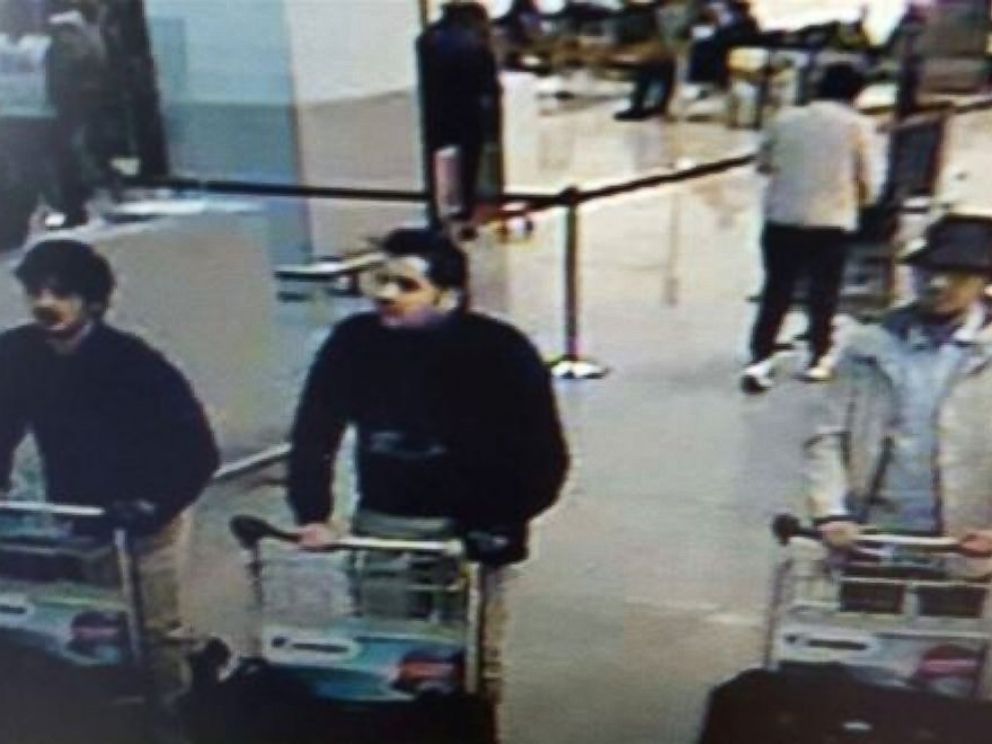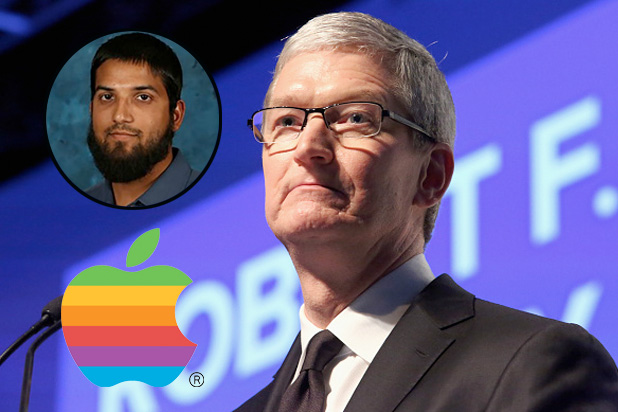"As a public institution, the university should serve primarily those who provide for its financial and civic support — California residents," says state auditor Elaine Howle. "However, over the past several years, the university has failed to put the needs of residents first."
The motive is largely economic. The estimated sticker price for OOS residents is $58,308, which is $24,708 more than the resident tuition and fees. The schools use the extra fees paid by nonresident students to balance out the budget cuts that cut funding by about one-third a few years ago. Another interesting note is that this report comes a few months after the announcement that incoming OOS (out-of-state) residents can no longer receive financial aid beginning in fall 2016.
The audit also reported that the UCs have kept their promise to admit the top 12.5 percent of high school graduates, but these students don't always get accepted to their first choice. In contrast, nonresidents usually get accepted to their first choice campus and outnumber the number of residents in impacted majors such as engineering.
Personally, I believe this is completely unfair. The UC system should be admitting those who are qualified from California before reaching out to applicants from other states since this system was created to educate the students of California. Living here should be a plus factor rather than a disadvantage.
What do you think? Should the UC system be placing "fairness" over profit maximization and other economic motives? Were the schools just doing what they had to do in order to keep the system running?
Sources:
http://www.sacbee.com/news/politics-government/capitol-alert/article68782827.html
http://www.sfgate.com/education/article/Audit-shows-UC-admission-standards-relaxed-for-7215364.php
http://abcnews.go.com/US/wireStory/audit-university-california-undermines-resident-students-38007048

 Photo obtained by K.M. Chuadary/Associated Press
Photo obtained by K.M. Chuadary/Associated Press






